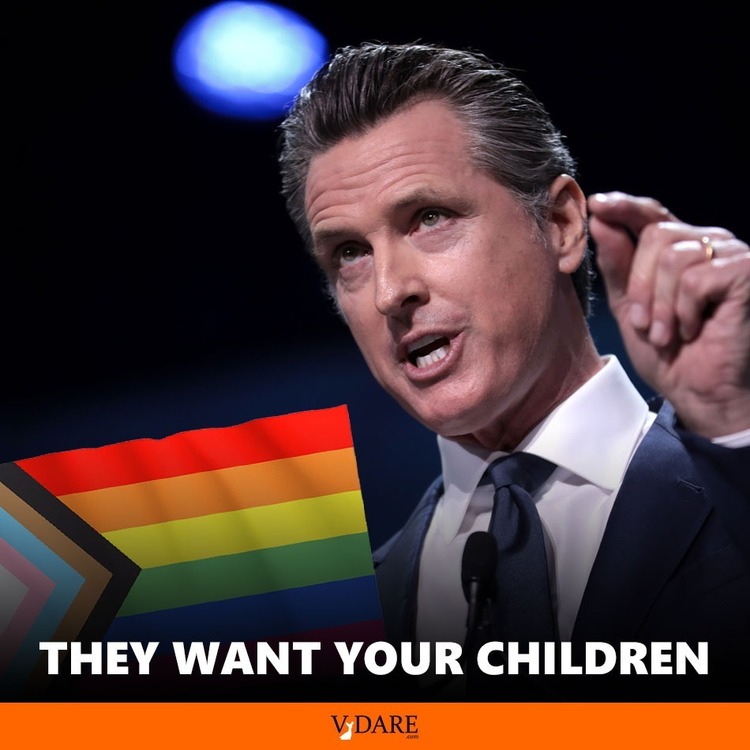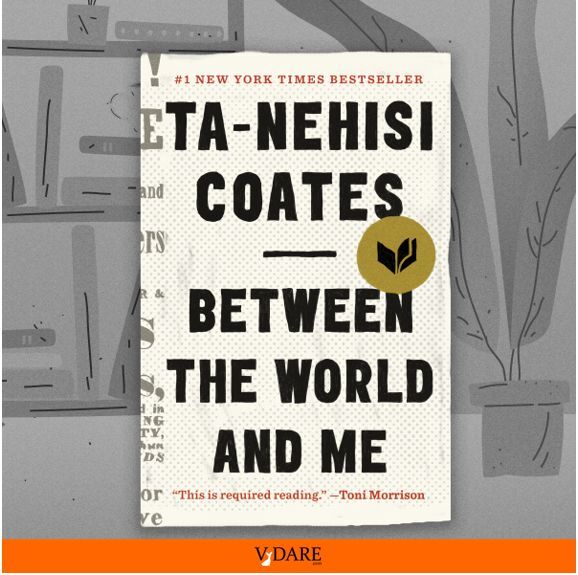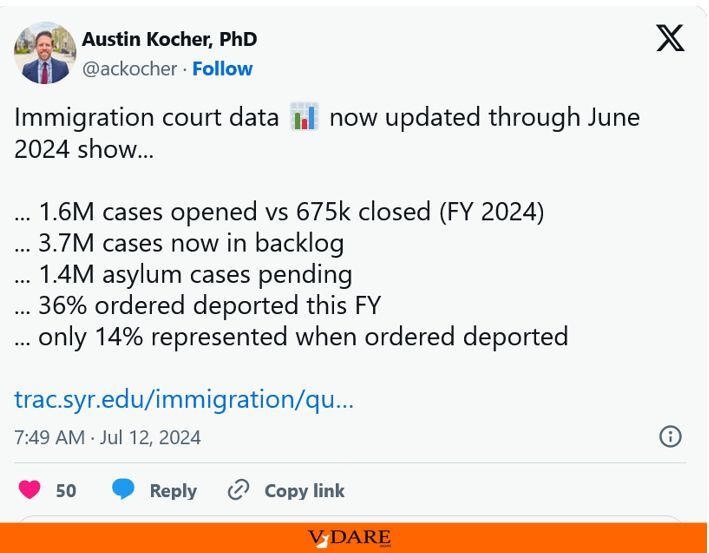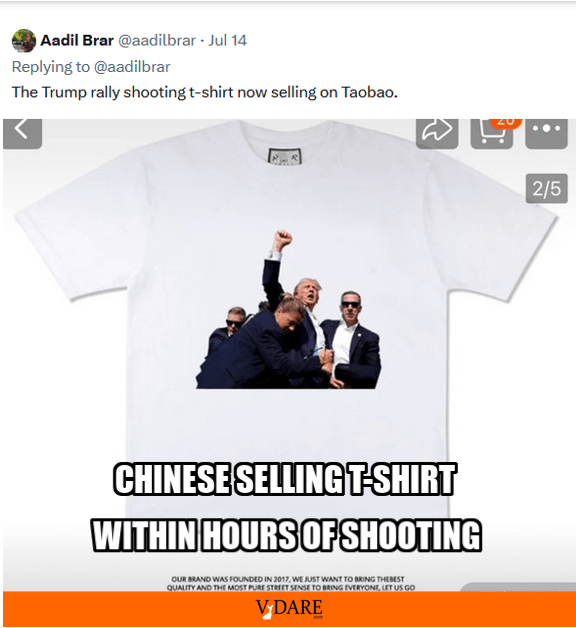From Salon:
“BlacKkKlansman” and white women: Spike Lee’s new film indicts their investment in white supremacy
From legal slavery to now, white women have always participated in white nationalist violence in many forms
RACHEL LEAH
AUGUST 10, 2018 11:00PM (UTC)The new Spike Lee-directed film “BlacKkKlansman” begins with a scene from the 1939 film "Gone With the Wind."In it, Scarlett O’Hara discovers the rows and rows of injured and slaughtered bodies at a train yard following the Battle of Atlanta. …
Lee also demonstrates — critically — historically and presently, white women’s investment in upholding white supremacy.
White women’s stake in white nationalism has been, at times, a quieter presence. … But Charlottesville came after the 2016 election when when 53 percent of white women voters pulled the lever for Donald Trump — despite his overt misogyny, and despite his alleged history of sexual abuse.. …
But in the film, which is brilliant, … Felix (Jasper Pääkkönen), a man so racist it is impossible for him to mask it, is married to Connie (Ashlie Atkinson), a woman who is only equal to her husband in her hate for black people. During “BlacKkKlansman,” we see Connie begging to be included in Klan activity, ready to prove her worth. But she is repeatedly relegated to the sidelines and the kitchen. Her own husband’s sexism is never a deterrent, though and in the end, Felix calls on Connie to commit a brutal act of violence. She obliges.
Lee’s development of Connie’s storyline highlights the largerpattern of white supremacist work that white women have waged in this country from slavery … Connie’s character also connects the current work of right wing pundits and political enablers like Tomi Lahren, Laura Ingraham, Ann Coulter and Sarah Huckabee Sanders …
White women in the South held specific, abusive roles prior to the Civil War …
One woman, Mary Elizabeth "Bessie" Tyler, who ended up becoming "the first major female leader" of the 1920s Klan, according to Kathleen Blee’s book "Women of the Klan: Racism and Gender in the 1920s,"as in charge of recruitment and publicity.
The second KKK wasn’t doing much until Tyler and her boyfriend took it over in 1920 and turned it into an immensely profitable multi-level marketing scam, making a fortune off selling the mandatory hoods and robes, which new leaders resold to their new recruits.
Fast forward to 1955 and the brutal murder of the 14-year-old black boy Emmett Till. … And this deep-seated hate, this unspeakable racial violence might be America’s only constant — one that many white women have been and continue to be active participants in. …
Rachel Leah is a culture writer for Salon. You can follow her on Twitter: @rachelkleah
For a slightly different perspective on the roots of Spike’s rage against white women …











